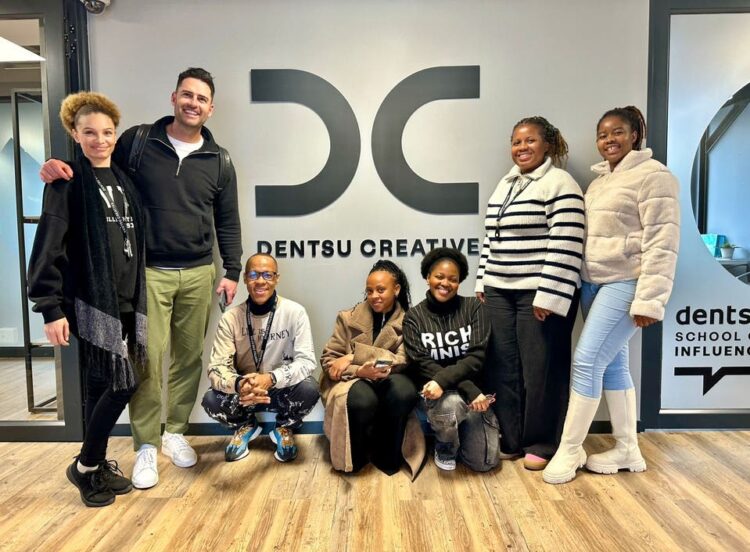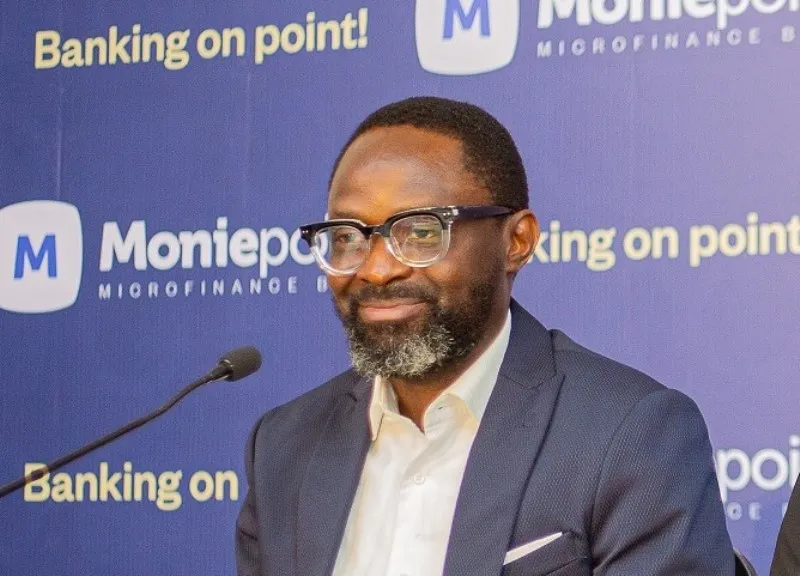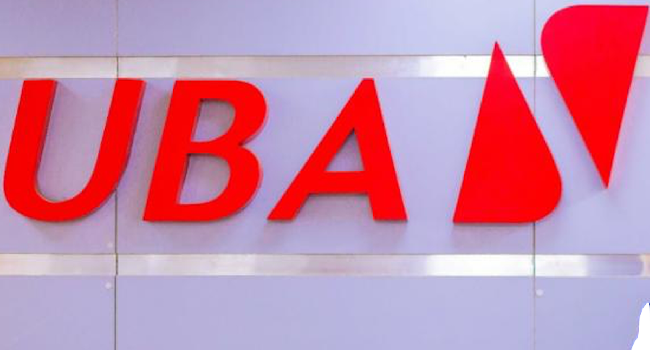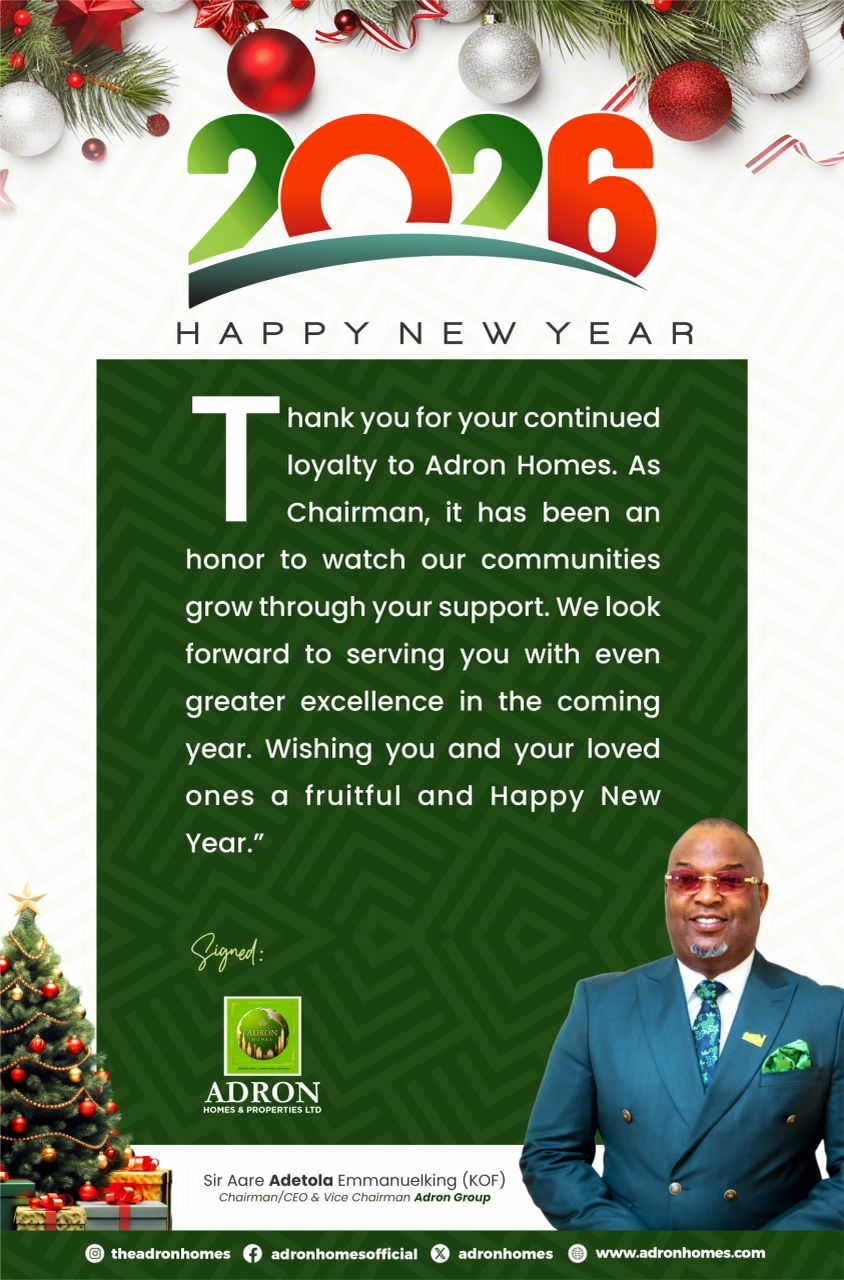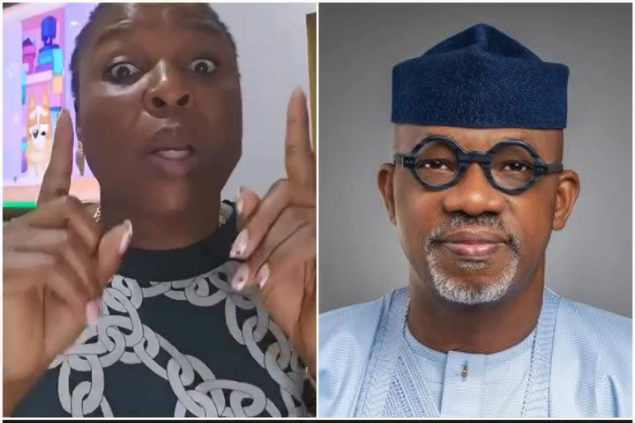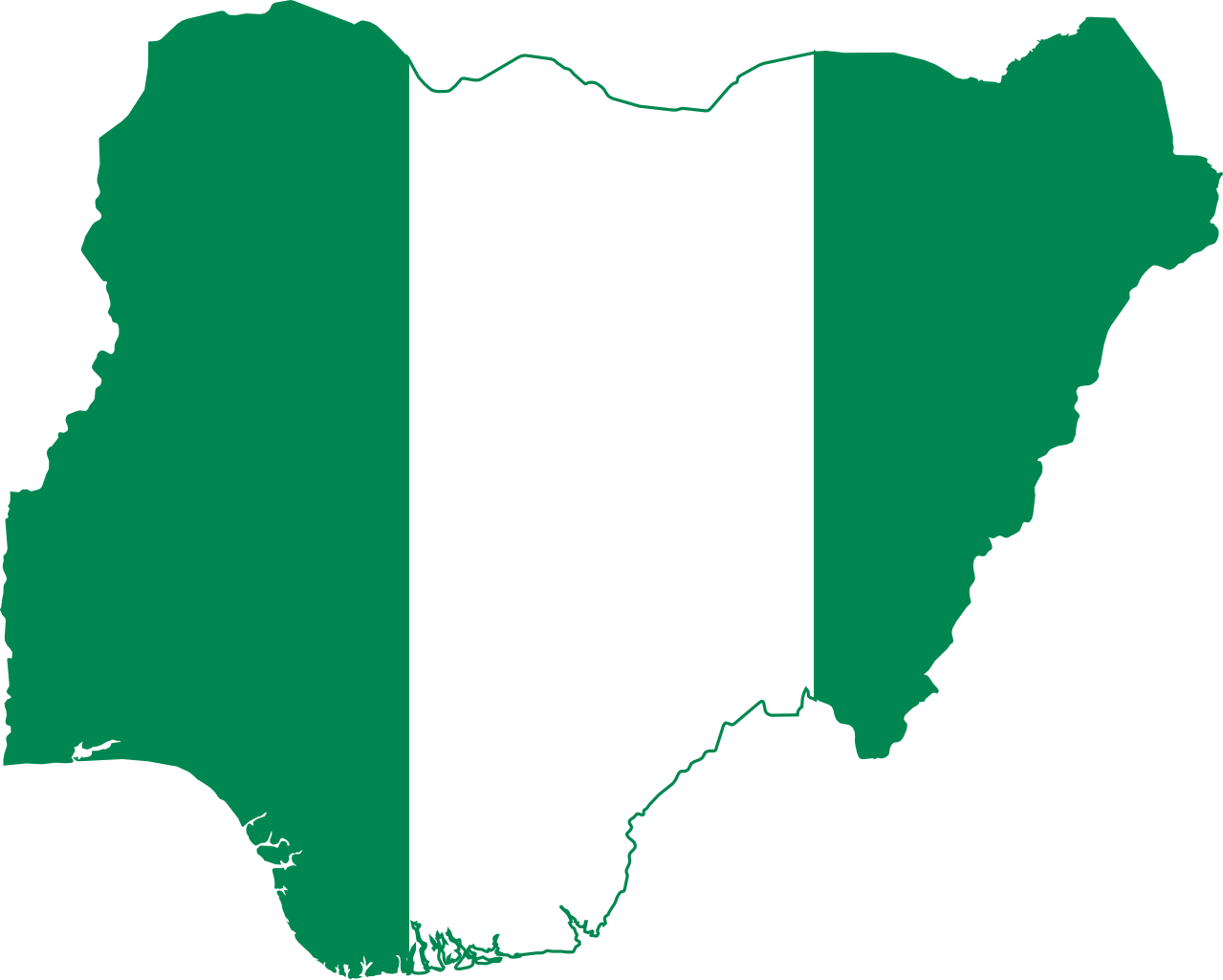dentsu School of Influence Africa empowers creators in Nigeria and Ghana to lead a $17.84B digital storytelling movement with local culture at its core
dentsu School of Influence Africa is redefining the global influencer playbook — with Nigeria and Ghana at the forefront of a powerful cultural shift.
Also read: EXMAN, Lagos Business School host maiden experiential marketing management programme to shape future Strategies
As influencer marketing surges worldwide, Africa’s young, mobile-first population is driving a movement rooted in authenticity, language, and community connection.
With a median age under 20 and over 1.1 billion people, Africa is the fastest-growing digital market globally.
The continent’s creator economy is projected to hit US $17.84 billion by 2030, growing at a staggering 28.5% annually.
The dentsu School of Influence Africa is now scaling across the region, training creators to tell impactful stories that resonate deeply with local audiences.
Originally launched in South Africa, the programme is now active in Spain, Kenya, and most recently, Nigeria and Ghana.
These West African powerhouses are leveraging the school to train next-gen creators in skills that go far beyond content — from monetisation and brand partnerships to community building and data literacy.
“In Africa, influence is about cultural resonance, not just celebrity,” says Emeka Chris Okeke, CEO of MediaFuse-Dentsu Nigeria. “Nigerian creators are proving they can shift perceptions and drive real impact.”
Okeke highlights how this initiative supports dentsu’s vision of “innovating to impact” by equipping young African storytellers to thrive on a global stage.
Marian Ogaziechi, Managing Director at Dentsu Agyle, emphasized that structured, insight-led partnerships are replacing one-off influencer deals.
“Through the School of Influence, we’re building an ecosystem where Nigerian voices lead both locally and globally,” she said.
Influence in Africa isn’t about status—it’s about trust, local culture, and language. Content in Yoruba, Igbo, Hausa, Twi, Ewe, and Ga has proven to outperform generic campaigns.
For example, YouTube campaigns in native languages saw a 9.6% lift in brand recall in Nigeria.
Gen Z dominates the creator space in Nigeria and Ghana, with median ages of 18 and 21 respectively.
According to dentsu Africa, 72% of Gen Zs trust influencers from their own communities, valuing relatability and relevance over pure fame.
In Kenya, School of Influence graduates outperformed traditional influencer campaigns by 60%, while South African campaigns saw a 17% uplift. Standout African creators like:
- Charity Ekezie (Nigeria) – 3.4M TikTok followers
- Wode Maya (Ghana) – 1.73M YouTube subscribers
- Seemah (South Africa) – 2.7M followers
…are leading by example — blending humor, social commentary, and authenticity.
With South Africa’s influencer market already valued at over US $115 million, the opportunity for brands to tap into this structured, hyperlocal approach is massive.
Also read: TPT CEO Adetokunbo Modupe to discuss policy marketing, boardroom communication at NIPR 2025
Cultural corridors across Lagos, Accra, and Johannesburg offer regional scalability that traditional marketing often misses.
Source: Read more at thecable.ng


